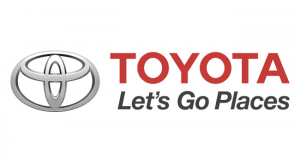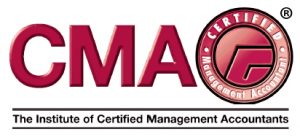At the outset, I should make it clear, this blog is not providing financial advice, but more providing some news that you should discuss with your financial advisor.
Background
Our superannuation system has been in the news a lot lately for a variety of reasons, but my message here is simply communicating what changes are coming our way July 1st.
Concessional Contributions
Effective July 1st, the cap on annual pre-tax salary sacrifice super contributions and employer Superannuation Guarantee Contributions reduces to $25k p.a. for all, regardless of age. That means if your salary is above $264k, your employer SGC contribution will automatically take you over the cap even if you don’t salary sacrifice any contributions.
Non-Concessional Contributions
Also from July 1st, the cap on annual after-tax superannuation non-concessional contributions drops from $180k to $100k for all individuals with a superannuation balance of less than $1.6million.
From July 1st, individuals with super balances of over $1.6mill will not be able to make non-concessional contributions.
Next steps
Speak to your financial advisor to see what opportunities there are to make use of the current caps for this financial year to your advantage before the new changes take effect from July 1st.
Also ensure you speak to your financial advisor before the end of this financial year about pension structures, estate planning, transition to retirement income streams (TRIS), Trust Deed amendments and CGT and cashflow implications of these superannuation changes.
Again, I stress, this newsletter is not providing financial advice, but rather suggesting you need to speak to your financial advisor to make the best of the upcoming changes and the period leading up them coming into effect.
Ross – Billson Advisory













